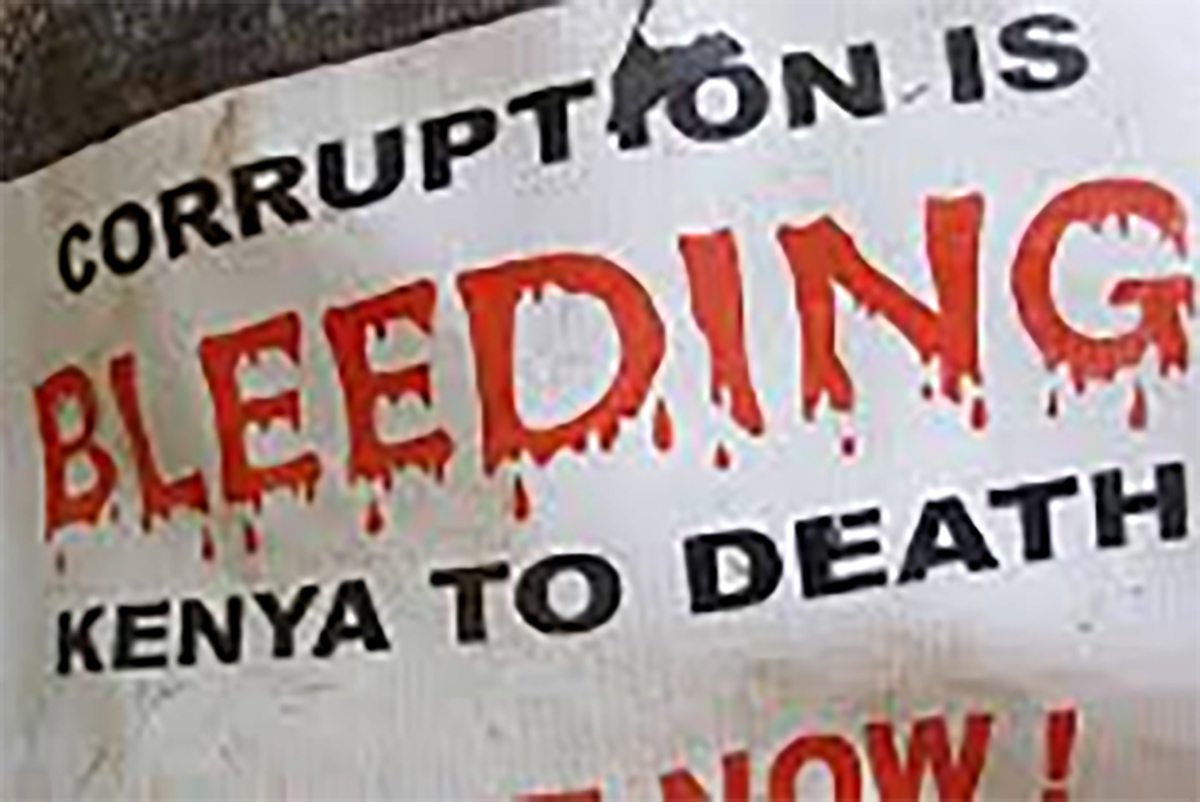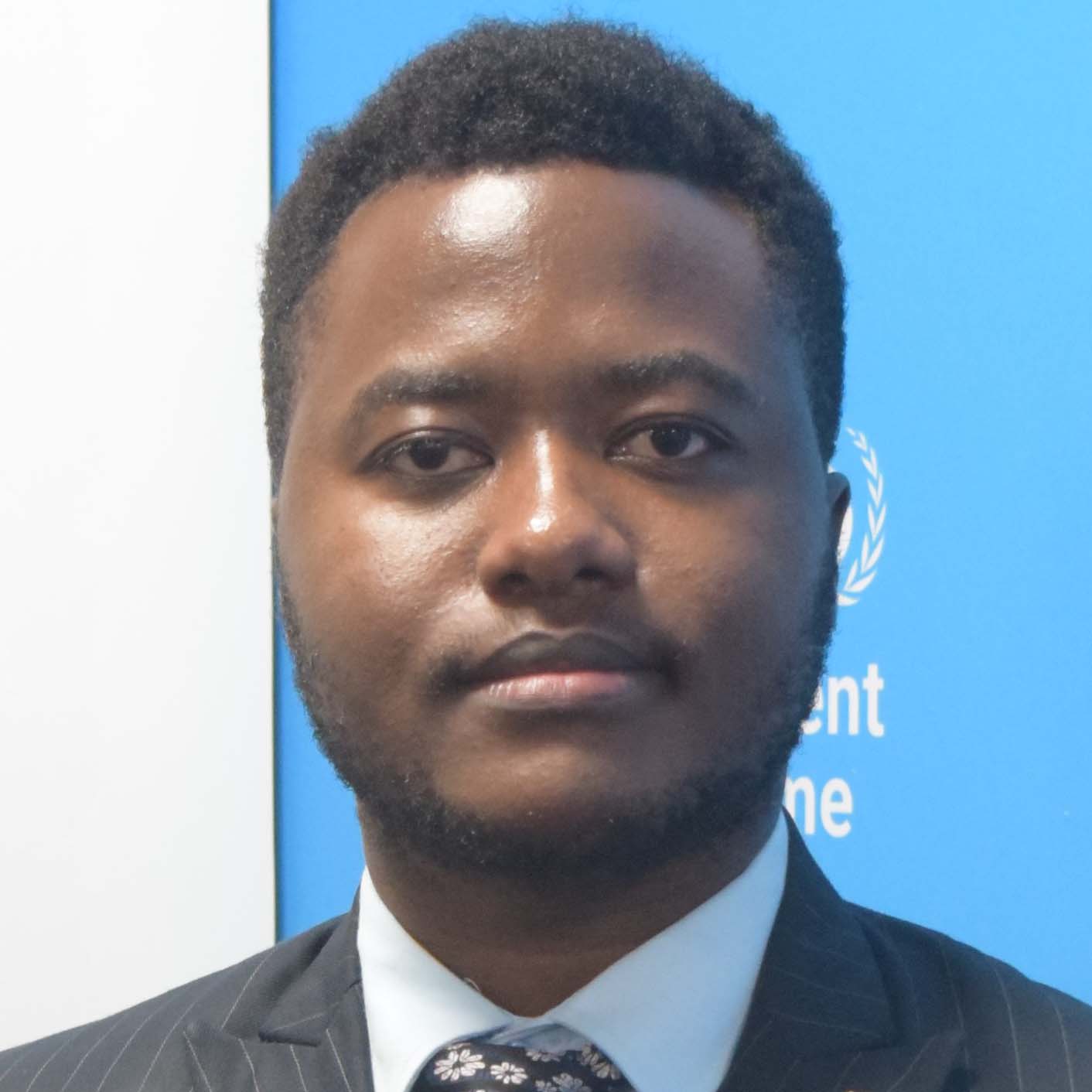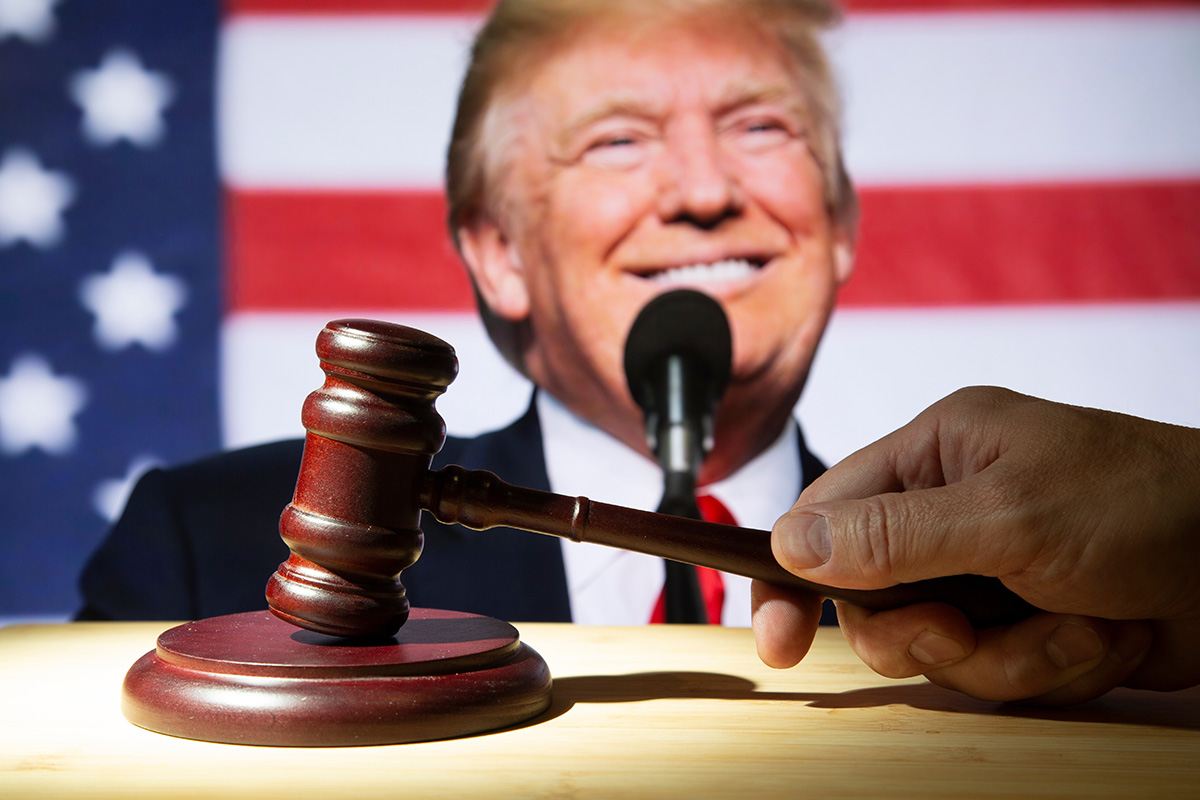The Illusion of Accountability: Why Sacking Corrupt Officials is Not Enough
July 17by Immanuel Mwendwa Kiilu
Corruption scandals in Kenya have become an all-too-familiar spectacle, where outrage flares and officials are swiftly removed, yet justice rarely follows through. Names flood headlines, suspensions are announced, and the public waits, often in vain, for true accountability.
Earlier this year, the conviction of former Kiambu Governor Ferdinand Waititu offered a rare glimpse of hope. Sentenced to 12 years in prison for masterminding a fraudulent road tender scam that diverted KES 588 million, Waititu’s case marked a significant victory for Kenya’s Ethics and Anti-Corruption Commission (EACC). His wife and associates were also convicted for pocketing millions in kickbacks. For once, the story did not end at dismissal; it ended behind bars. Yet, one conviction does not fix a broken system.
Contrast this with Bomet Governor Hillary Barchok, arrested in early 2025 for allegedly embezzling KES 1.45 billion through fake contractors. The EACC seized crucial evidence, including financial records and digital communications, but months later, the case remains mired in court delays, leaving justice frustratingly out of reach.
Similarly, Rongo MP Paul Odalo Mark was apprehended in January 2025 for diverting KES 122 million from public funds to companies linked to himself and allies. Though arrested promptly, the case is stalled in legal limbo, prolonging public impatience and distrust.
These cases reveal a troubling pattern: sacking corrupt officials is seen as accountability, but without prosecutions and convictions, it remains mere theater. Press conferences replace court verdicts, and public outrage is momentarily appeased rather than resolved.
Corruption is more than a financial drain. It steals resources meant for hospitals, schools, roads, and water, deepening inequality and crushing hope. When corrupt leaders escape real consequences, they not only enrich themselves but embolden others to follow suit, perpetuating a cycle of impunity.
The public’s faith in institutions erodes with each case that fizzles. Justice delayed is justice denied. This weakening social contract risks disengagement, apathy, and cynicism among citizens who begin to believe that the system protects the powerful, not the people.
There is potential for change. Attorney General Dorcas Oduor’s announcement in February 2025 to fast-track all corruption cases within six months signalled a step in the right direction. If implemented sincerely, this could break the cycle of impunity and restore some public confidence.
However, nearly five months later, the impact remains negligible. Most high-profile corruption cases are still stalled in court, and there is little evidence of expedited justice. The bold promise has yet to translate into meaningful progress, raising doubts about the government’s commitment to actual reform.
That is why meaningful reform must go beyond announcements. Kenya must strengthen independent anti-corruption institutions free from political interference. Special courts dedicated to corruption cases should be established to ensure swift and decisive justice. Protecting whistleblowers, increasing transparency in government procurement, and enabling public oversight are critical steps.
The media must also sustain its watchdog role beyond breaking news. Investigative journalism should follow cases to verdict, expose delays, and hold officials accountable not just in rhetoric but in reality.
Yet, none of this will matter without genuine political will. True leadership does not stop at condemning corruption in speeches; it pursues and prosecutes perpetrators relentlessly, recovers stolen assets, and makes clear that public office is a sacred trust, not a chance to enrich oneself.
Accountability must be real, not rehearsed. Justice must be firm, not flirted with. Until the corrupt not only fall from office but fall before the law, Kenya will continue to bleed behind a smokescreen of performance.
Kenya is not short of laws, commissions, or investigations. What it lacks is the courage and consistency to follow through. If sacking corrupt officials remains the highest form of justice, then corruption is never truly punished; it is only appeased.
The time for empty gestures is over. The era of consequence must begin.






